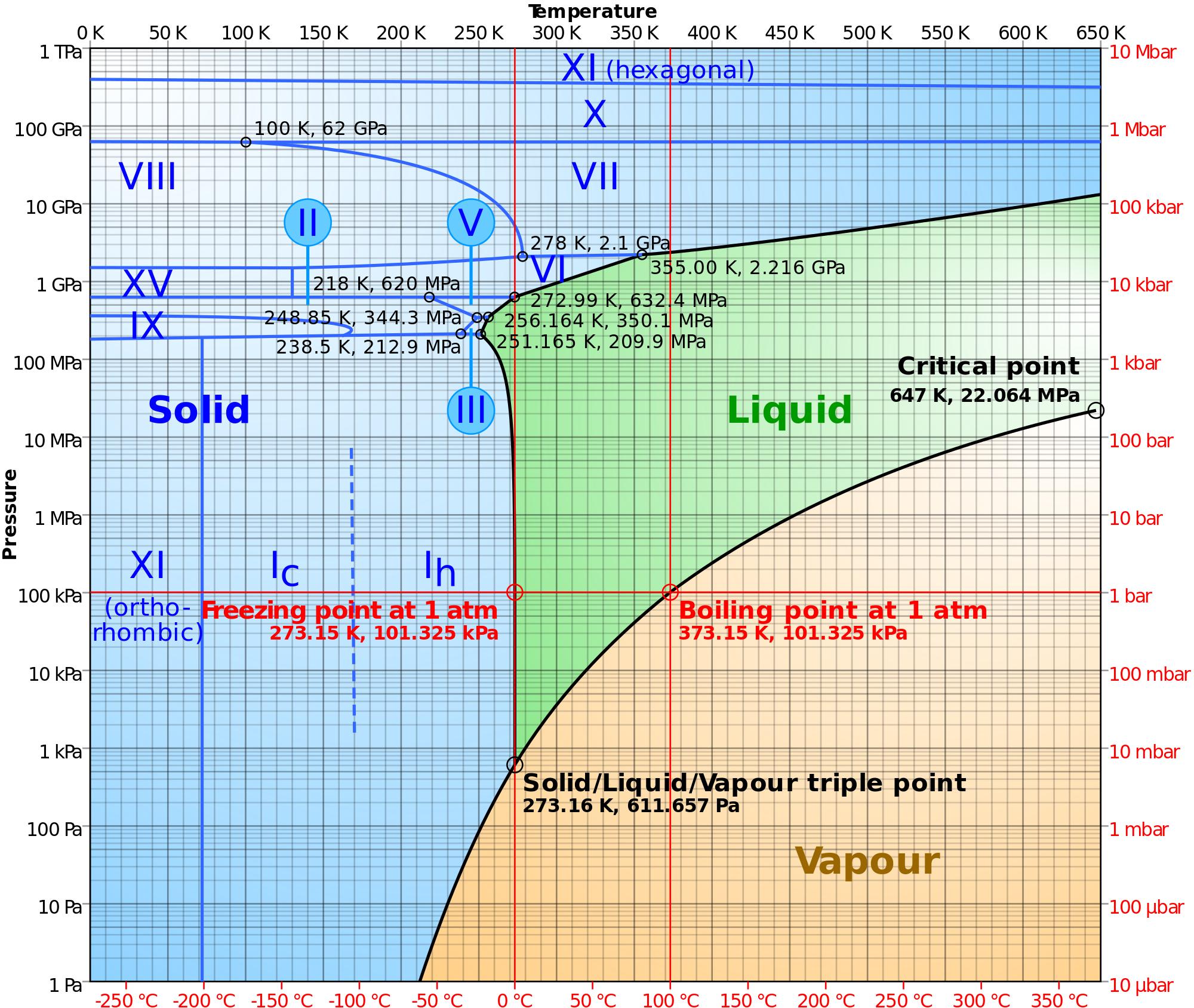In the related questions Can you take a bath on Mars? & How would swimming on Mars feel, given the lower gravity? we learn that bathing and swimming on Mars is much like it is on Earth. Some comments on those questions suggest that if the pool is exposed to Martian atmosphere it would boil away quickly. What would really happen if your swimming pool or fish pond was suddenly exposed to Martian atmosphere?
Some comments suggest the pool magically appears and boils away, but here is a realistic scenario.
A swimming pool (Olympic size) or fish pond is full of water {25–28 °C (77–82 °F)} and covered by an inflatable dome that keeps Earth atmosphere over the pool. A event occurs: which cuts off power to heat and circulate the water, and the dome is torn badly or complete removed. What happens to the pool now?
